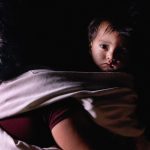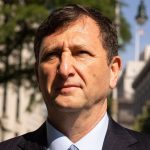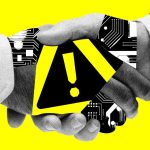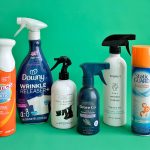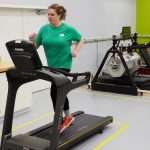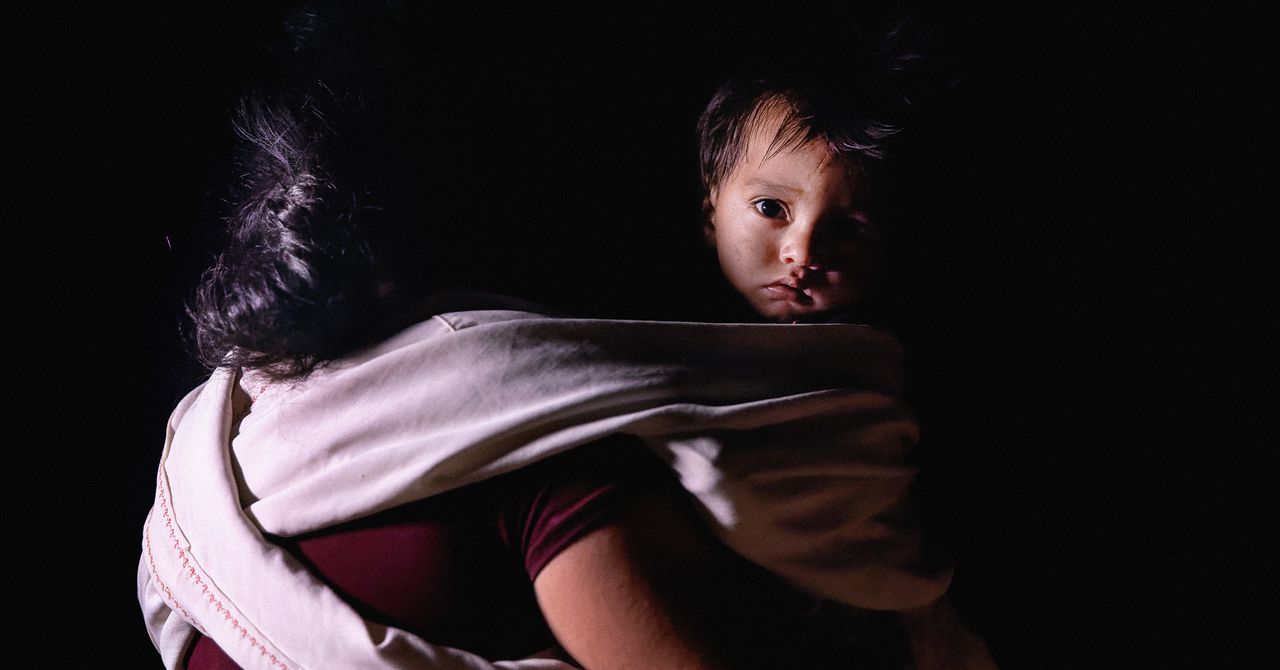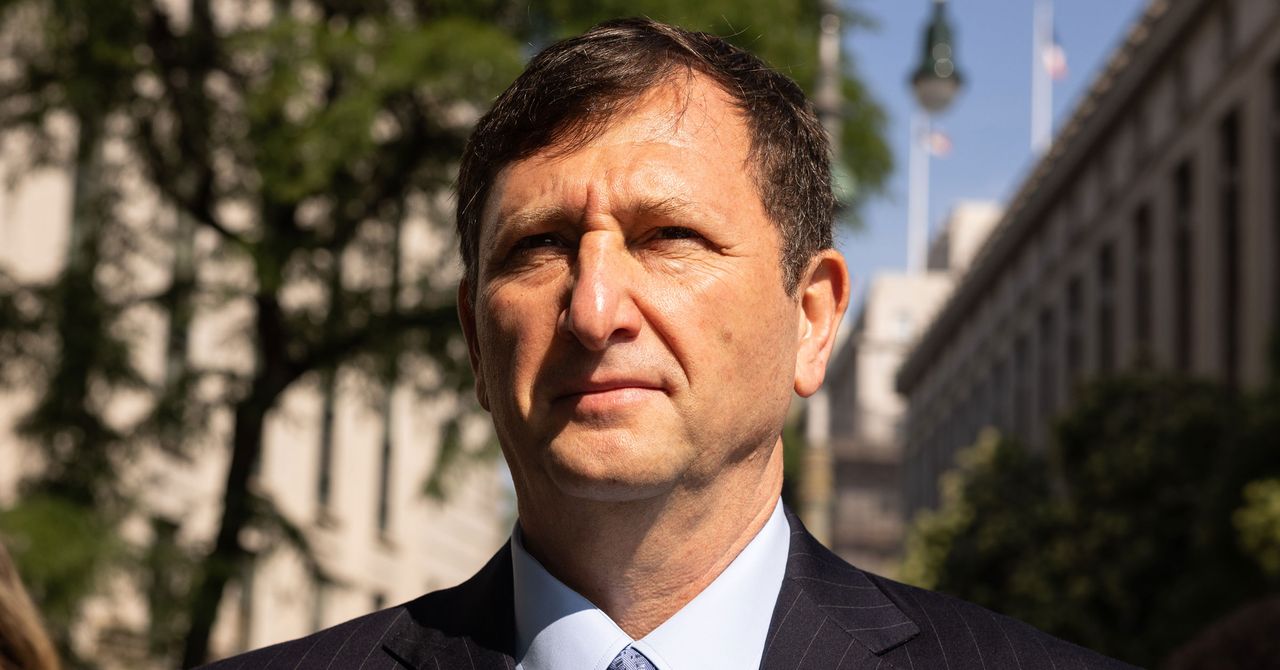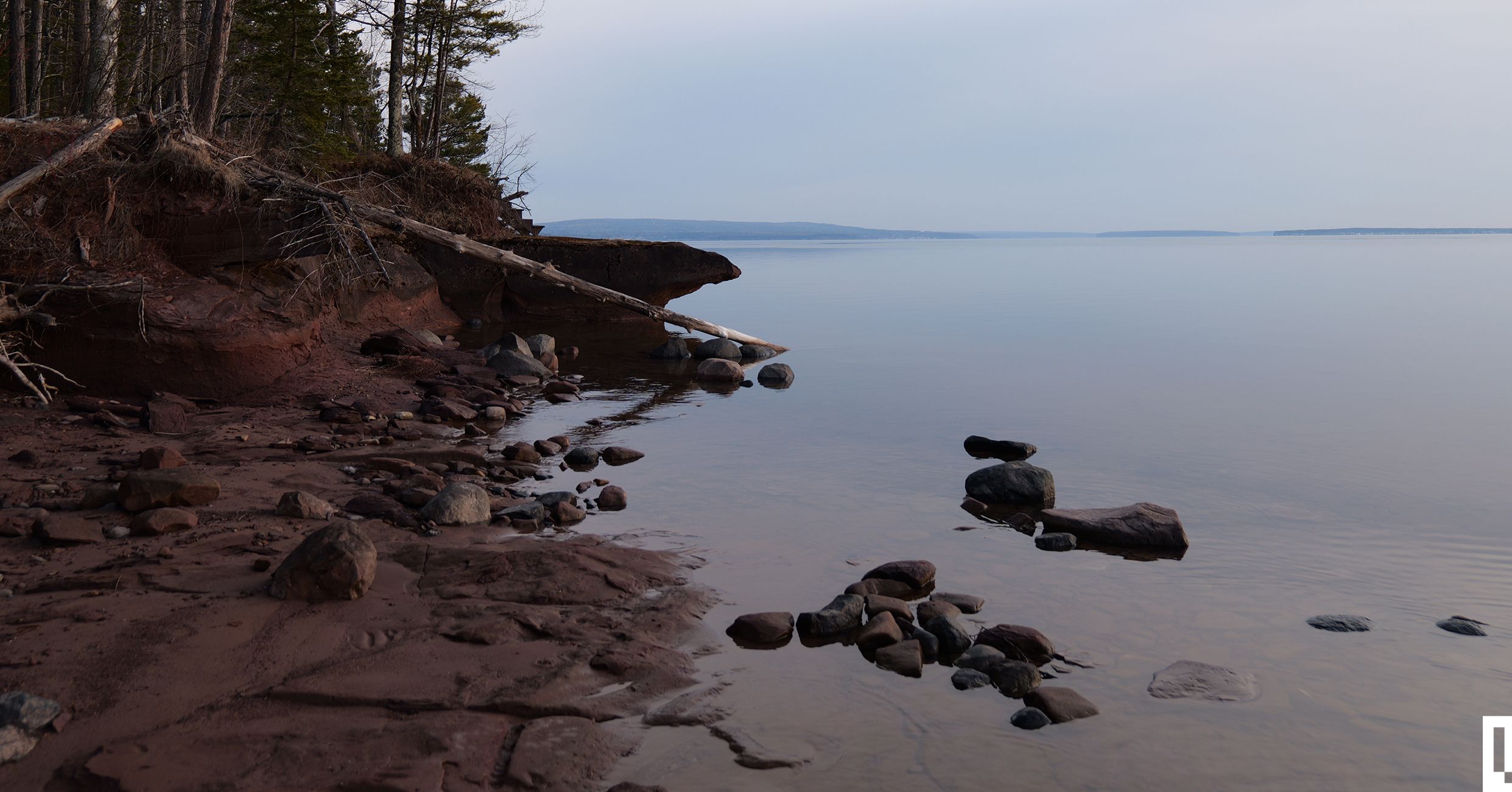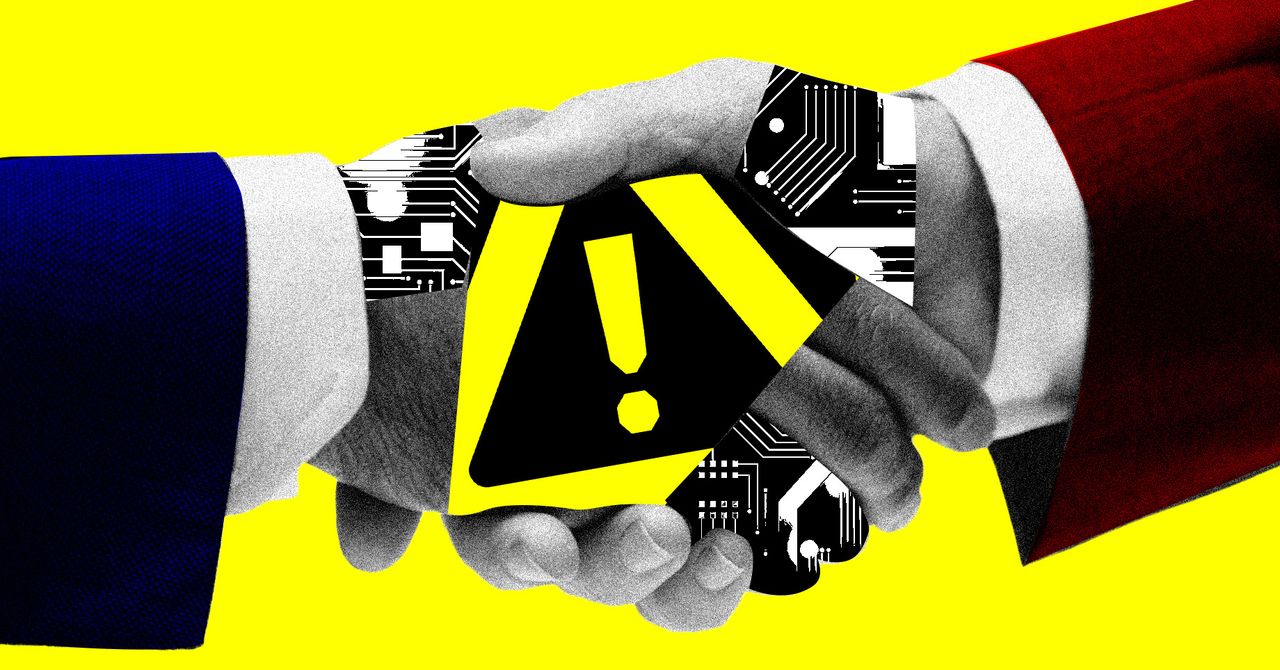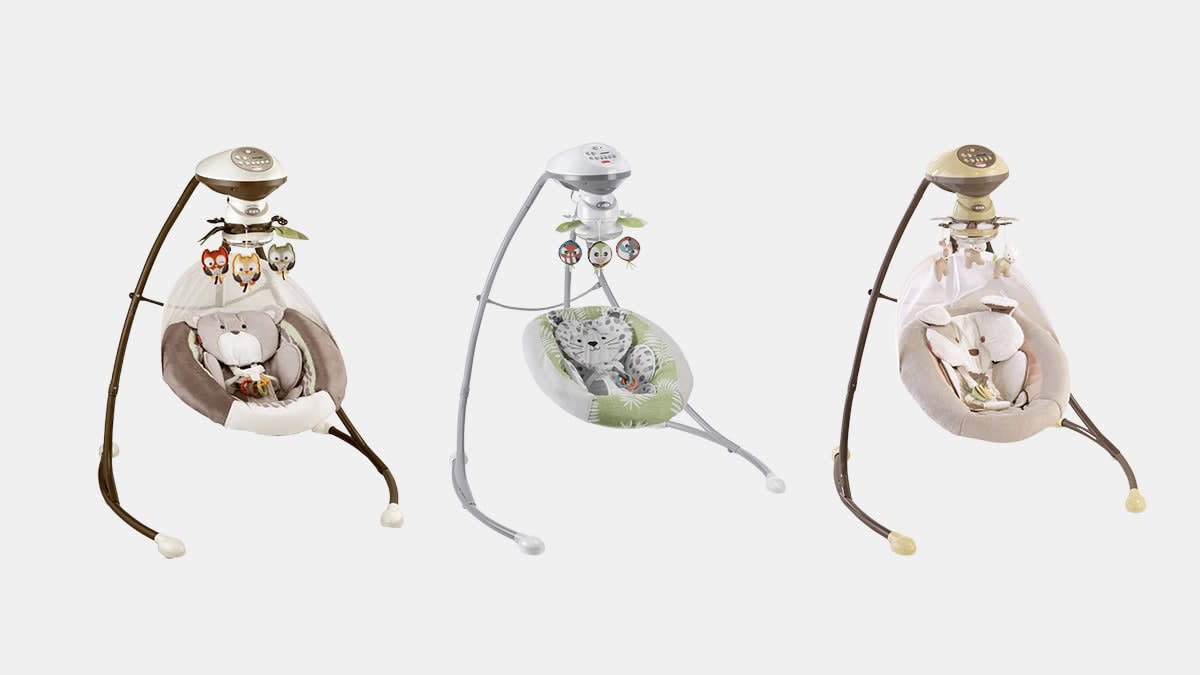
“Once again, Fisher-Price is putting its bottom line first and safety last,” says William Wallace, CR’s associate director of safety policy. “There should be a full refund, and Fisher-Price should be urging people to throw away these swings. Retailers, online platforms, and secondhand marketplaces should all prohibit Snuga Infant Swings from being sold and take a range of steps to make sure they aren’t listed.”
Richard Trumka, a CPSC commissioner, also said on Thursday that the company’s response isn’t good enough. He released a statement saying that this recall is “doomed to fail and will keep many babies in harm’s way.” He argued that the entire swing remains unfit for infant sleep, and that parents should throw the whole thing away. He called the company’s decision to only refund consumers $25 to alter the product–rather than offering them the full price to destroy it,–“a horrible example of putting profit over people.”
Trumka also cited Fisher-Price’s long history of partial recalls and refunds related to baby products, and the consequences that followed. Fisher-Price recalled the Rock n’ Play inclined sleeper in 2019 after a CR investigation tied it to dozens of deaths, but the company did not offer full refunds to all consumers. Eight babies died after the recall, bringing the total number of infant fatalities to over 100. In 2022, Fisher-Price warned parents not to use its infant-to-toddler rockers or newborn-to-toddler rockers for sleep but did not recall them, despite 13 deaths.
A challenge to any baby product recall is that these products can often get handed down, regifted, and resold for years afterward. The Snuga swings are no longer for sale, and have not been manufactured since 2022, but they are still being sold on the secondary market. So several CPSC commissioners wrote letters to Craigslist, eBay, Facebook, Goodwill Industries, Mercari, and Nextdoor to alert them all to the Snuga swing recall and to ask for their help preventing illegal sales of these products.
Inclined sleepers, which were specifically marketed for sleep, are now banned, but many other inclined products (like swings, gliders, soothers, and rockers) remain on the market. In Thursday’s recall, the CPSC reminded parents never to use these products for sleep, and to supervise babies while they are using them.
Mattel, Fisher-Price’s parent company, did not answer CR’s questions about criticisms of its recall but stated that the full swing is not being recalled and that parents may continue to use it, just not for infant sleep.
Safety experts, however, say the product is unsafe to use because of the risk of children falling asleep and potentially suffocating.
CR recommends that infants should always sleep on a firm, flat, non-inclined surface with no added items such as blankets, pillows, crib bumpers, or toys in their sleeping space. If babies fall asleep in an inclined product, they should be moved to a crib, bassinet, or play yard.
“Simply put, a baby who falls asleep in an inclined product is at increased risk of suffocation and death,” wrote CPSC Chair Alex Hoehn-Saric and Commissioner Mary Boyle in a joint statement, adding that there is much more work to be done to protect babies from dangerous products. “We call on all those who profit from the sale of infant products to American families to step up to this important responsibility: keeping babies safe.”
CR’s experts note the CPSC’s hands are tied on recalls like this.
“Something a lot of people don’t know is that the CPSC can’t easily force companies to issue a strong recall—typically, the agency can only get companies to carry out recalls that are voluntary and on the terms that the company agrees to,” says Wallace. “This is an absurd and dangerous reality. Congress should pass a law bolstering the CPSC’s ability to force companies to carry out strong recalls, especially in cases like this where children have died.”
